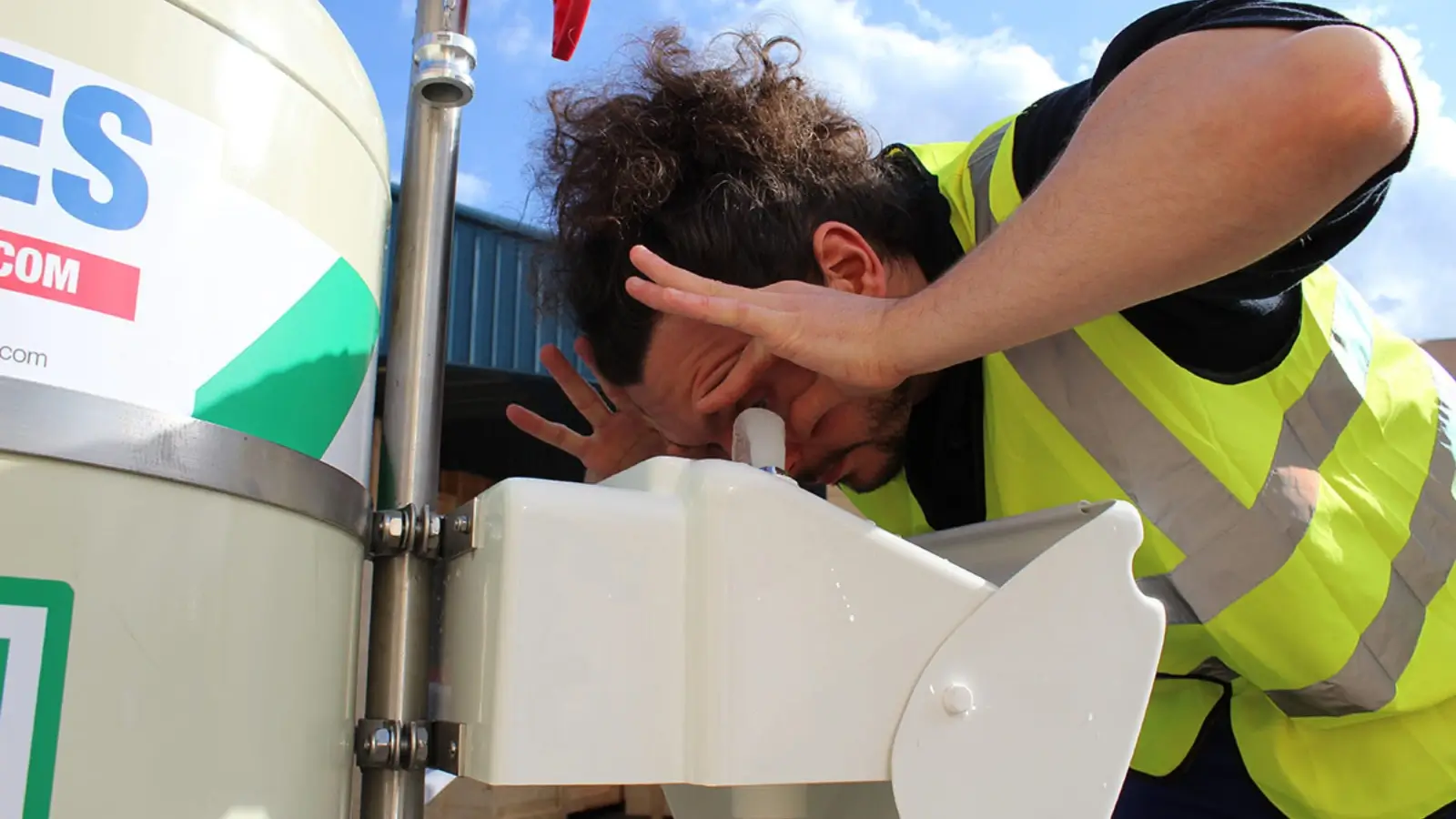


Have you ever wondered how quickly your workplace could react if a chemical spill or leak happened right now? Most people assume it won't happen to them, but chemical emergencies can strike without warning.
With the right plan and training, your business can be prepared to act fast and keep everyone safe. In this blog, you'll learn practical steps to protect your workers and reduce harm during chemical emergencies.
When a chemical emergency happens, every second counts. Quick action can stop harmful chemicals from spreading and help avoid injuries. If people panic or don't know what to do, the situation can get worse fast.
That's why businesses need to be ready ahead of time. Being prepared means having a clear plan, trained workers, and the right tools in place. These things help save time when an emergency hits and keep the workplace safer for everyone.
A good emergency response plan is like a safety net. It helps guide everyone on what to do when something goes wrong. This plan should clearly explain who is in charge, how to report an emergency, and what steps to follow.
Once the plan is written, it's important to review it often and make sure all workers know it well. Practice drills can help teams feel more confident and act quickly under pressure.
Having the right equipment nearby can make a big difference during an emergency. Safety showers, eye wash stations, fire extinguishers, and spill kits should be placed where they are easy to find. Workers should know where these tools are and how to use them properly.
If tools are hidden or hard to reach, people may waste time looking for them, which can lead to more harm. Make sure equipment is checked often so it works when needed most.
Clear communication is key during any emergency. Employees should know how to alert others and call for help right away. This can include using alarms, radios, or phones.
The faster people know what's happening, the faster they can respond. It's also helpful to assign someone to give updates and guide others during the event. When people stay calm and informed, the response is usually faster and more organized.
Chemical emergencies often involve harmful substances that can cause serious damage. That's why safety data sheets are so important. These sheets give clear details about each chemical, including what to do if there's a spill or exposure.
To make sure this information is useful, businesses should discover efficient safety data sheet management. Having quick access to this data helps workers take the right steps without wasting time searching for answers.
Preparedness should not be a one-time task. It should be part of your company's everyday routine. Talk about safety often and encourage workers to speak up if they see something risky.
When safety is part of the work culture, people tend to act faster and smarter during emergencies. Managers should lead by example and show that safety is always a top priority.
Chemical emergencies are serious, but your business can stay ahead with strong planning and clear steps. When teams are trained and tools are ready, fast action becomes possible. By following these tips, you help protect your employees and reduce risks at work.
Did this guide help you? Browse the rest of this section for more advice on a variety of topics.